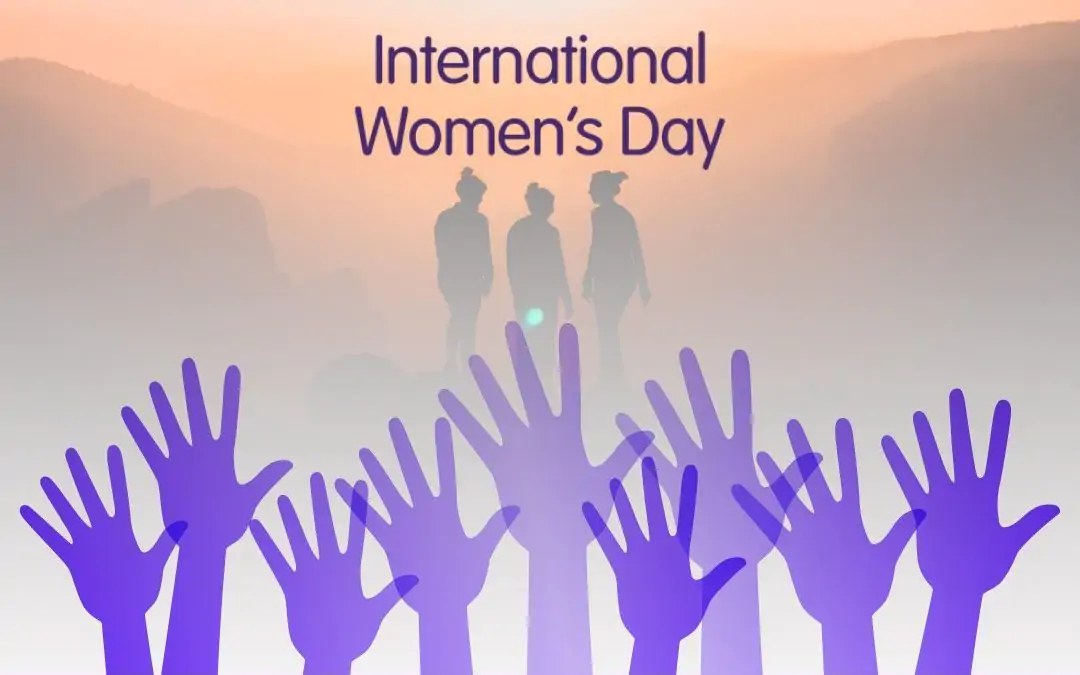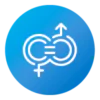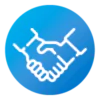
It’s International Women’s Day 2023. The campaign theme is #EmbraceEquity. And to be frank, there’s a bit of a mood about the whole thing.
In 2020 we explored how the gender gap was impacting the IT industry. We discovered a fundamental mismatch in power between men and women. Men have dominated the IT industry since its inception and have given it a reputation as a boys club.
We found that this disparity had driven people away from IT. Women didn’t study IT as often – women make up as little as 26% of university-qualified IT graduates – and were often discouraged from reaching employment in the industry. All thanks to a bias towards males in IT.


While an excellent idea, equality is inherently prejudiced towards a defined median, a societal understanding of “normal”. Which, in IT, is men.
This focus on equality means that IT has addressed the gender gap all wrong. We’ve thought closing the gap means uniformly distributing resources and opportunities. Instead, we should support equal outcomes while addressing the underlying causes of these imbalances.
One analogy might be turning up for a sporting event only to find that the uniform is only available in one size. If it’s a good fit for you, that’s great, but if your shoes are too tight or loose? Too bad. They’re the same as your teammates, so you’ll have to find a way to get by.
Or maybe you go to training only to find the equipment is for people of a specific stature. Can’t get on the bike? Knees near your ears? Too bad – everyone’s got the same bike model, no exceptions.
And then people grumble when you can’t perform at the same level as those around you.
International Women’s Day is meant to help address these issues. And that starts with understanding what people want and what they think we can do to bring about lasting change.
So, what about the teams here at First Focus? Well, as is tradition, we’ve done an anonymous survey.
The anonymous survey comprised five voluntary questions and allowed for an in-person interview. Demographic information was kept light to preserve anonymity while offering the chance to explore inputs by perceived gender.
Demographics:
Attitudes:
Broadly speaking, this question elicited positive responses. Most focused on promoting equity in the workplace, a reminder to strive for equality, and an appreciation for women’s contributions to society.
“I feel strongly about being able to showcase women’s empowerment, especially in the field of technology. Being able to show how women levelled the playing field in technology, which used to be dominated by men, means a lot to me.”
In your experience, what has International Women’s Day done for you?
This question elicited a mixed bag of responses. Joke comments about morning teas and cupcakes were in abundance. However, the majority focused on how IWD provided an opportunity to learn about the women’s rights movement, hear from activists who champion the role of women in IT, and develop trust and open dialogue about what equity looks like in practice.
Comments show that the conversation can be tough, and having a day where the dialogue is not only expected but actually encouraged can help ease some of the barriers they might otherwise expect.
“At first, I actually resented the day – it always felt hollow. However, after speaking up about my distaste for the day, it raised the question of, “what would you like to do instead?” I need to applaud FF for asking women what they want (or don’t want) to do for IWD and actually listening to our guidance.”
Unsurprisingly for such a switched-on group, our respondents had a lot to say about what they want from IWD in 2023 and in the future. Suggestions ranged from learning sessions focused on women’s rights to fundraising for issues like breast cancer. Most respondents focused on the idea of transparency around equity, with comments indicating that such a move would help bolster gender balance in the workplace.
“I want a lot more from every stakeholder. I want companies to publish resolutions on IWD and report on what they committed to during the last IWD. I want to know that organisations – including our governments – think critically about their actions. And I want organisations of all sizes to ask the women they employ for feedback on the commitments made the previous year. And I want transparent action plans for employees that address gendered pay gaps.”
This is not to say that IWD elicits pure positivity. The industry has mishandled the topic of equity, and while some can be forgiven, people are not likely to forget these mistakes quickly. Nor should we.
Comments in this space include frustrations over the amount of “corporate head-patting” that takes place in the broader industry on IWD, with one respondent stating:
“IWD still has a way to go. Right now, unfortunately, it means an online parade of ‘here are all the women we employ’ on social media. It does little more than give marketing people something to write about.”
These are just some of the responses provided to our survey, edited for brevity. They showcase the diverse and at-time damning real-world response to the actions taken in IT regarding International Women’s Day.
Of course, they do not run the full breadth of lived experiences in this space – it’s filtered and edited to meet publication requirements. But they do help to show that there is hope for the future, that there is more work to be done, and our work to embrace equity is recognised and appreciated for what it is.
No. Equity is an ongoing process, not a fixed set of remedies. As our survey has shown, there is always more to do. But we’re listening. And where we find room for change, we’d like to think we have the capacity and the willpower to make it happen.
One thing we do know is that our people are helping guide the way.